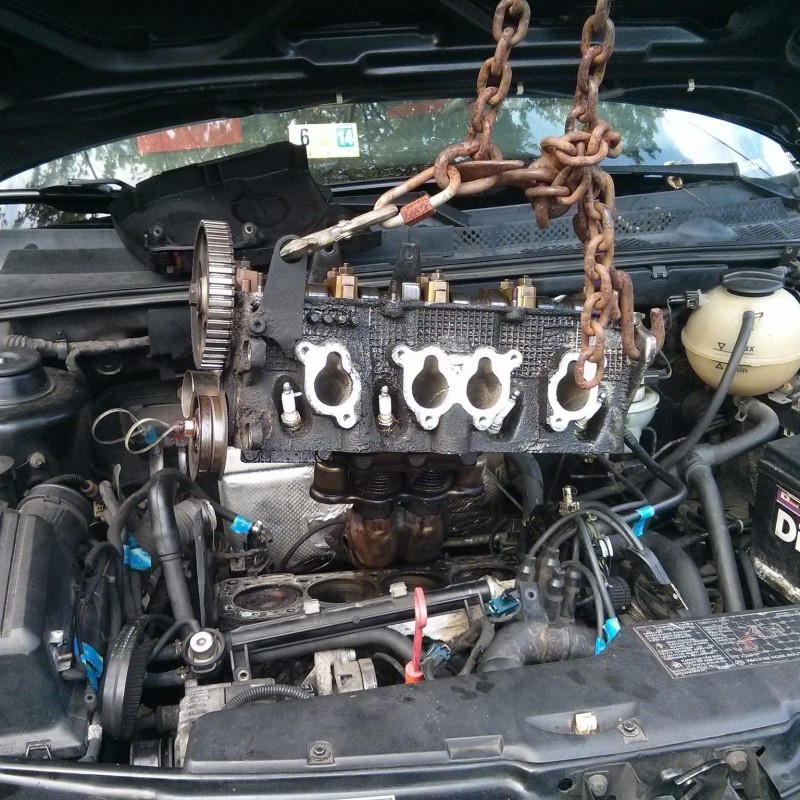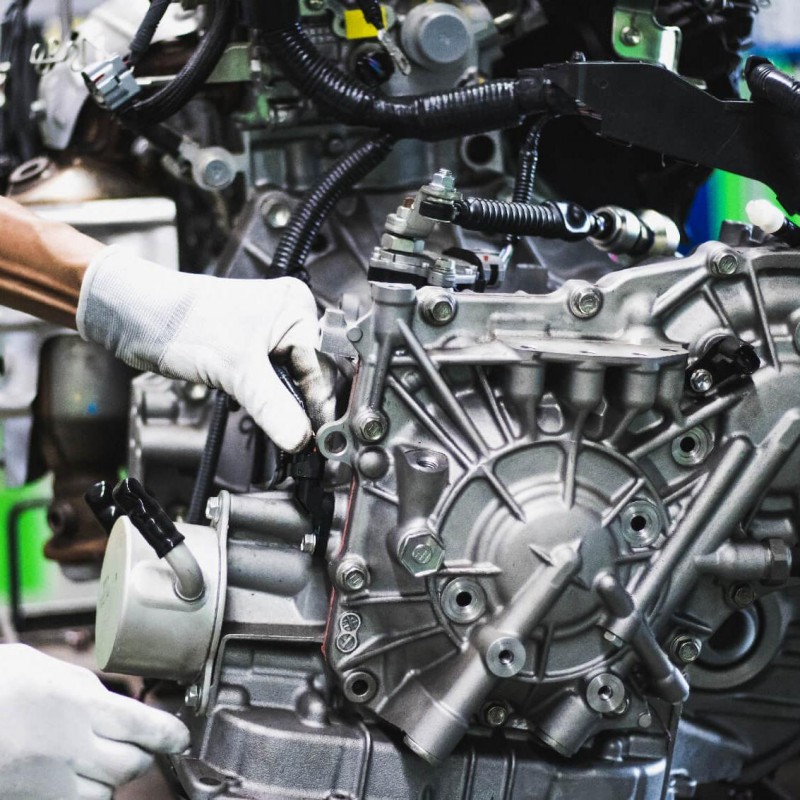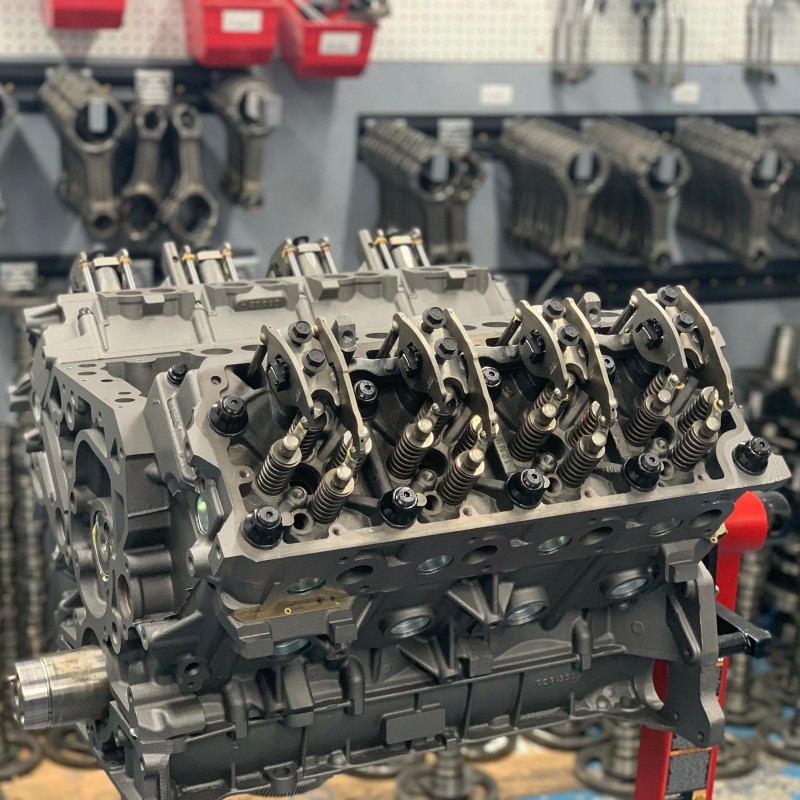Improving engine performance is a goal for many vehicle owners, whether for enhancing speed, increasing efficiency, or achieving a better overall driving experience. The engine is often considered the heart of your vehicle; its condition and capability directly affect how well your car performs. With the right modifications and maintenance practices, it is possible to unlock additional horsepower and torque, reduce fuel consumption, and enhance the longevity of your engine. This article delves into various effective techniques, modifications, and routine maintenance practices you can adopt to improve engine performance. By understanding the underlying principles and implementing these strategies, you can drive a vehicle that not only meets but exceeds your expectations.

Understanding Engine Performance
To improve engine performance, it helps to first understand how engines work. An engine converts fuel into energy through a series of controlled explosions. These explosions push pistons, which ultimately provide power to the vehicle. Several factors contribute to engine performance, including:
- Air-Fuel Mixture: The ratio of air to fuel affects combustion efficiency. Too much fuel or not enough air can lead to poor performance.
- Ignition Timing: Proper ignition timing ensures that the fuel burns at the right moment for optimal power output.
- Exhaust Systems: Efficiently designed exhaust systems can reduce back pressure, allowing the engine to expel gases quickly.
Understanding these components will enable you to make informed decisions about improving engine performance.
Routine Maintenance: The Foundation of Performance
Before diving into modifications and upgrades, you should establish a strong foundation of maintenance practices. Routine checks can prevent performance issues and extend engine life. Here are critical maintenance tasks:
- Regular Oil Changes: Clean, high-quality oil reduces friction and heat in engine components. Follow your manufacturer’s recommendations for intervals.
- Air Filter Replacement: A clean air filter ensures that your engine receives the necessary airflow for combustion. Dirty filters can choke your engine and reduce performance.
- Spark Plug Inspections: Worn or fouled spark plugs can lead to misfiring and inefficient combustion. Replace them according to your vehicle’s maintenance schedule.
- Fuel System Cleaning: Over time, injectors can become clogged. Consider using a fuel system cleaner to maintain optimal fuel flow.
By diligently following these maintenance steps, you can create a solid base for any performance improvements you wish to implement.
Upgrading Air Intake Systems
Improving air intake efficiency is one of the most effective ways to enhance engine performance. A well-designed air intake system can increase the amount of cool, dense air entering the engine. Here are two popular options:
- Cold Air Intakes: These systems relocate the air filter outside the engine bay, where cooler air is readily available. Cooler air is denser, allowing for better combustion and more horsepower.
- High-Performance Filters: Upgrading to a high-flow air filter can help your engine breathe better. These filters are often reusable and can capture debris without restricting airflow.
Both upgrades can significantly improve the engine’s overall performance and efficiency, enabling it to produce more power with the same amount of fuel.
Optimal Exhaust Systems: Reducing Back Pressure
While improving air intake is crucial, enhancing exhaust systems is equally important. The exhaust system plays a pivotal role in engine performance by allowing exhaust gases to exit the engine efficiently. Here are some modifications to consider:
- Cat-Back Exhaust Systems: This type of system replaces the exhaust components from the catalytic converter to the rear of the vehicle. It can increase exhaust flow and enhance engine sound.
- Headers: Upgrading stock exhaust manifolds to performance headers can improve exhaust flow from the engine, reducing back pressure and increasing power.
By optimizing exhaust flow, you contribute directly to improved performance, ensuring your engine runs smoothly and effectively.
Tuning Your Engine: Maximizing Efficiency and Power
Once upgrades to your air intake and exhaust systems are in place, consider tuning your engine. Engine tuning involves adjusting various parameters to optimize performance. You can achieve this through:
- ECU Remapping: Modern vehicles use electronic control units (ECUs) to manage engine functions. Remapping allows you to modify fuel injection, ignition timing, and air-fuel mixture for improved performance.
- Aftermarket Engine Management Systems: For advanced users, installing a standalone engine management system offers comprehensive control over engine parameters. This allows for precise fine-tuning based on specific performance goals.
Tuning your engine can lead to significant horsepower and torque gains, transforming your vehicle’s performance.

Fuel Quality and Type: Choosing Wisely for Optimal Performance
The type and quality of fuel you use can greatly impact engine performance. Understanding fuel grades is essential for optimizing engine function. Here’s what to consider:
- Octane Ratings: Higher octane fuels can help prevent engine knocking and allow for more aggressive tuning. If your vehicle requires premium fuel, using a lower octane can lead to reduced performance.
- Additives: Some fuels come with additives designed to clean the fuel system and improve combustion efficiency. Choosing a reputable fuel brand with quality additives can enhance engine performance.
Using the right fuel for your engine’s specifications can contribute to better efficiency and power delivery.
Enhancements for Weight Reduction
While enhancing engine performance is vital, reducing overall vehicle weight can improve acceleration, handling, and fuel efficiency. Here are some strategies to consider:
- Remove Unnecessary Items: Clear out any unnecessary items from your vehicle to lighten the load.
- Lightweight Components: Consider replacing traditional parts with lightweight alternatives. For instance, swapping out heavy wheels or replacing the battery with a lighter model can make a considerable difference.
Reducing weight won’t just enhance engine performance; it can also lead to a more enjoyable driving experience.
The Importance of Professional Help
While there are numerous modifications that car enthusiasts can accomplish independently, some upgrades require specialized knowledge. Engaging professionals can save you time and prevent costly mistakes. Here are a few considerations when enlisting professional help:
-
Experience and Reputation: Always choose reputable shops or mechanics with successful track records. Experienced professionals can provide critical advice based on their knowledge of your vehicle type and model.
- Certifications and Licensing: Inquire about any certifications that the shop or technician holds. Certified professionals are more likely to follow industry standards, ensuring that modifications are done safely and effectively.
- Diagnostics and Calibration Tools: A professional shop will have access to advanced diagnostic equipment and tools that may not be available to the average car owner. This technology can ensure your vehicle operates at peak performance before and after any modifications.
Investing in professional services can yield better results and ensure you maximize the benefits of your performance upgrades while maintaining vehicle integrity.
Frequent Performance Checks: Monitoring Changes
For ongoing improvements, routinely monitor your vehicle’s performance. This will help you understand the effects of any modifications. You can utilize tools and methods such as:
- OBD-II Scanners: These devices can read error codes and provide real-time data on engine performance. Monitoring key metrics can help you fine-tune your system further.
- Dyno Testing: A dynamometer measures engine output, allowing you to gauge the effectiveness of your modifications.
Regular monitoring helps you identify potential issues early, ensuring your vehicle remains in peak condition.

Conclusion
Learning how to improve engine performance requires a comprehensive understanding of your vehicle and its components. From routine maintenance to crucial upgrades, each step you take will bring you closer to unlocking your engine’s full potential. Remember to pay attention to air intake and exhaust systems, fuel quality, and proper tuning to maximize performance. Reducing vehicle weight is another effective strategy that can provide immediate benefits.
As you embark on this journey, always keep your specific vehicle’s specifications in mind and prioritize safety. With a commitment to diligence and knowledge, you can achieve a vehicle that not only performs better but also provides a more exhilarating driving experience. Whether you’re a performance enthusiast or simply looking to get the most out of your daily driver, these steps will set you on the path to improved engine performance.
Tags: automotive upgrades, car maintenance, Engine Performance